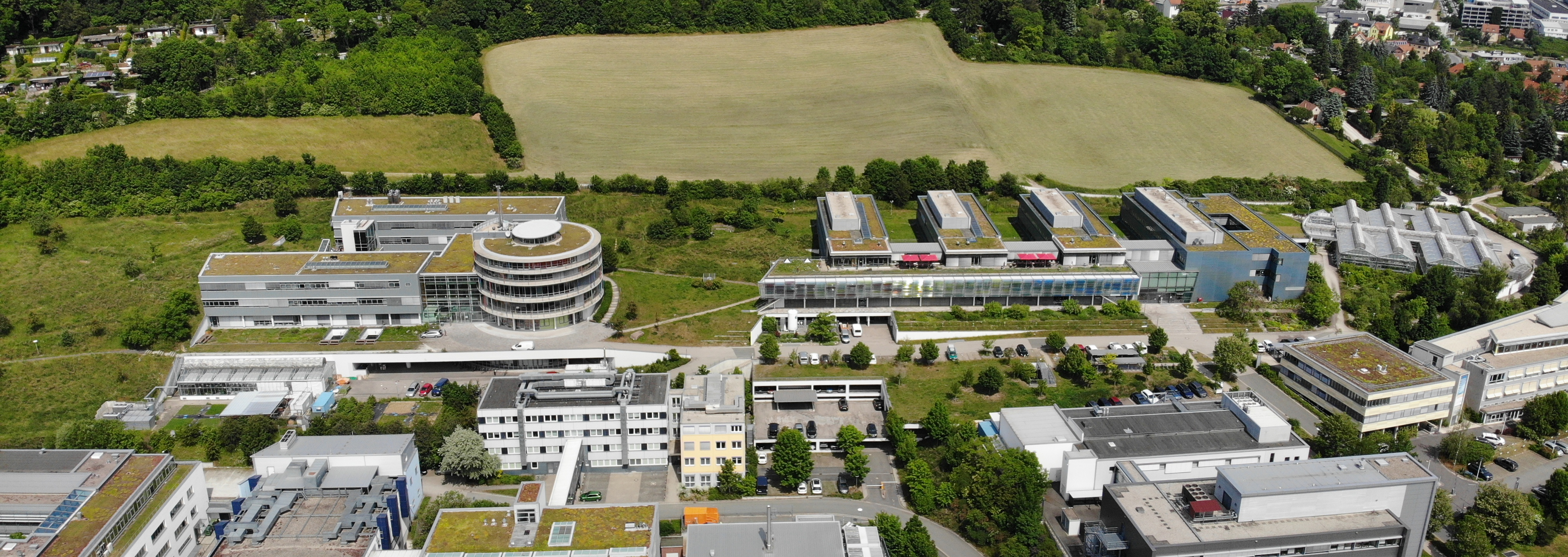Integrating manipulation and modelling studies to improve climate response in ESMs
3rd June 2022 | 2:15 pm – 2.35 pm
Hans-Knöll-Straße 10, 07745 Jena, Germany
BGC Lecture Hall
Zoom: will be provided
Session 4 – Global Modeling and Feedbacks (Sönke Zaehle, moderator)
3rd June 2022 | 1.30 pm – 3.25 pm
Abstract
Earth System Models (ESMs) are fundamental tools in climate prediction, and have demonstrated the large potential of land ecosystems to modulate climate change, through strong climate-land carbon cycle feedbacks. However, large uncertainties remain in how key eco-physiological and soil processes are represented in these models. There is now a wealth of observational data to help inform model development. I will give an overview of my research targeting several key uncertainties, and how manipulation and observational datasets can improve ESMs. This research covers both global and regional scales, with particular focus on the tropical lowland and montane forest systems.
I will present work on the impacts of diffuse light effects on biogeochemistry, and how on cloudy days or under aerosol laden skies, plant enhance their carbon uptake. Under these conditions, although less total light reaches the plants, light is more evenly distributed through the canopy, with less shade and therefore a more illuminated lower canopy. The net result is an increase in plant photosynthesis, and I will show how accounting for this effect reduces uncertainty in global carbon budget assessments. I also show how plants can enhance their own photosynthesis by modulating their light environment. For example, the release of large quantities of plant volatiles into the atmosphere, which oxidize to form secondary organic aerosol, enhance diffuse light conditions and plant photosynthesis.
I will review work on thermal acclimation of photosynthesis, i.e. how plants adjust their physiology to warming. This includes giving an overview of my ongoing tree translocation experiment in the Colombian Andes. Here I planted over 1000 trees of 15 of the most dominant species in the Colombian Andes at three different elevations under well-watered conditions and common soils to test the impact future climate warming would have on plant growth and physiological processes. Specifically, we exposed the study species to a range of temperatures within the warm edges of their thermal niche. Our results demonstrate large variation among taxa with highland affiliated species being most temperature sensitive, therefore at highest risk of climate change.
Finally, I will present work from the Amazon Fertilization Experiment (AFEX) and impacts of nutrient controls on land biogeochemistry. Our experiments suggest strong P limitation on forest productivity in large areas of the Amazon with poor soils demonstrating the urgent need for inclusion of P cycling in ESMs.
Biography
Dr Mercado is an Associate professor in Ecosystems and Environmental Change at the University of Exeter where she has worked since 2011. Previously, she worked as a land surface modeler at the UK Centre for Ecology and Hydrology in Wallingford, UK (2004-2011). Her PhD on ‘Modelling canopy photosynthesis in the amazon rainforest’ was developed during her time at the Max Plank Institute for Biogeochemistry in Jena, Germany (2000-2004) and awarded by the Free University of Amsterdam, The Netherlands. She has an MSc in Environmental Sciences from Lund University (1998-1999) and a BSc in Chemical Engineering from the National University of Colombia (1992-1997).
Dr Mercado is a plant physiologist and vegetation modeler working at the interface between observation and models. Her recent work has focused on improving the representation of plant physiological processes within JULES, the land surface model of the UK Earth System model (UKESM) in order to improve climate prediction. She currently leads work using manipulation and observational studies to (i) determine thermal acclimation of tropical montane forest species (ii) model the effects of soil fertility on tropical forest carbon cycling iii) quantify non-temperature control mechanisms of nocturnal plant respiration on net primary productivity.
Research highlights include (1) quantification of the role of diffuse radiation and volcanic eruptions on global carbon cycle (Mercado et al 2009) which has led to many publications by her team and the wider scientific community on the role of aerosols on the regional carbon and hydrological cycles including the role of fires (2) inclusion of her JULES model developments within UKESM used in recent IPCC reports; (3) incorporation of phosphorous cycling in JULES (Nakhavali et al 2022), (4) quantification of impacts of thermal acclimation of photosynthesis (Mercado et al 2018) and plant respiration (Huntingford et al 2017) on the global land carbon cycle.
